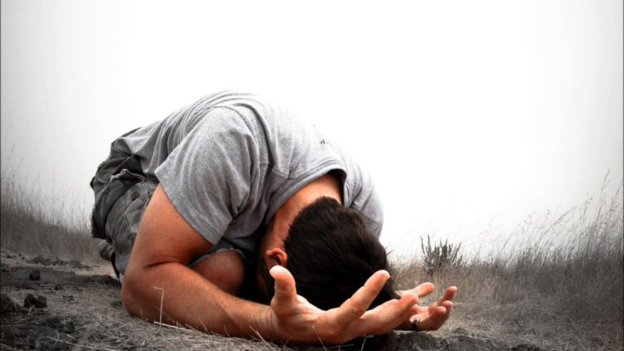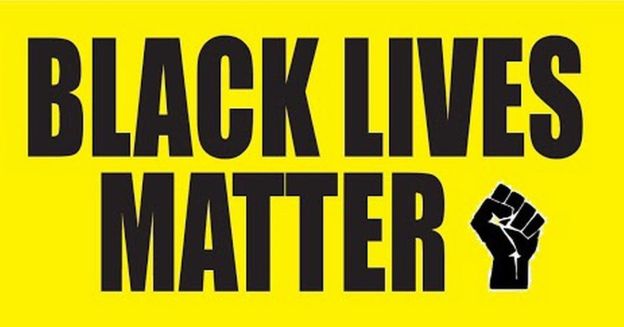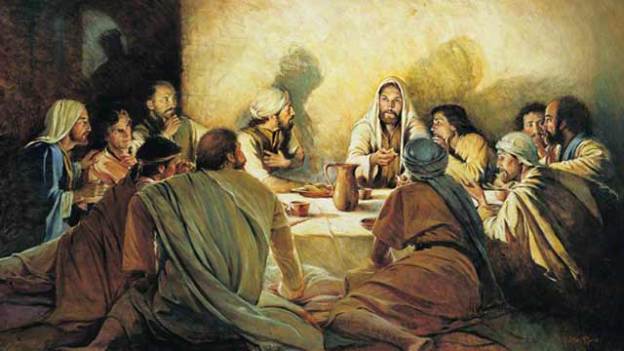“Proclaim liberty throughout all the land unto all the inhabitants thereof” (Leviticus 25:10; it is this verse that is inscribed on the Liberty Bell).
I love the movie Braveheart. When it was first released in 1995, my wife, Sue, and I went to see it in the theater. Afterward, people asked me what I thought. My standard reply was, “Well, except for the nudity, profanity, and gory violence—it was a great movie.” And it is. I do still wince at some scenes. There are some parts of the movie that I wish were not there. But all in all, I do love that film. One reason is that it is about William Wallace, a Scottish national hero. Being of Scottish descent, I love all things Scottish. (My maternal grandmother was a Crawford; on my father’s side, there are Baileys and Fraziers—all transplants from the sod of Alba.) But there is another reason. The film portrays a man committed to seeing his people live in freedom, completely delivered from tyranny and oppression. The movie ends (spoiler alert) with Wallace being drawn and quartered for his fight against the English. As he dies, he cries out one resounding word—“FREEDOM!” This is a powerful climax to a moving film.
Freedom. The very word can evoke powerful emotions in anyone’s breast. There is an innate longing deep within us that yearns to be free. We abhor the very images of bondage, despotism, and slavery. Chains and shackles are the symbols of cruelty and subjugation. We hunger for the opposite, for freedom. We value it so highly that we think it is of greater worth than life itself. We honor the noble women and men who have given their lives to possess freedom, and to purchase and maintain it for all of us. Freedom is worth dying for. It is worth fighting for. It is worth living for.
I am from Virginia. This is the land of Patrick Henry and George Wythe, not to mention Washington, Jefferson, and Madison. The very symbol of our state is the image of the armed goddess Virtue standing triumphant over a dead, crown-less monarch. The motto beneath her reads Sic Semper Tyrannus, “Thus always to tyrants.” Tyranny, oppression, and cruel despotism are not things we tolerate here—in whatever form they take. Tyranny can come from the left or the right ends of the political spectrum. Whichever party is in power can be a danger to liberty. One of the constant threats to an orderly society is that the very system that maintains order can subvert the freedoms of the very individuals that make up that society. The state itself can easily become the cruelest tyrant. As an American and a Virginian, I abhor this possibility. And also as a Christian. The principles of liberty and the concept of natural rights are grounded in the word of God and our Judeo-Christian culture. The Scriptures themselves assert the rule of law and rights of individuals—hallmarks of liberty itself.
You may wonder why I am writing in this manner. Of course, today is our Independence Day. Today we celebrate the 246th anniversary of the founding of this nation. As we all know, on this day in 1776, leaders from the 13 colonies assembled at their own peril and declared that they were free from England. And what was the basis of their Declaration? It was this assertion: “We hold these truths to be self-evident, that all men are created equal, that they are endowed by their Creator with certain unalienable Rights, that among these are Life, Liberty and the pursuit of Happiness.” That was their foundational declaration. And it was their dream, their vision.
Has this dream been fully realized? Sad to say, no. There is still tyranny, oppression, injustice, hatred, and cruelty in the world and in our land. Yet, we must not give up the dream. We also must not let other voices, voices that hate this dream, rob us of it. There are forces abroad in this nation that seek to overthrow liberty and rob us of freedom, forces from both far left and far right. (Let me be clear, both fascism and Marxist socialism are the avowed enemies of liberty. Their vision is of absolute statism—where the state is above all, and the government dominates all.) These forces would tell us the Founders’ vision was only a pipe dream, a foolish hope. These people have an agenda that would deny us our freedoms. They say that our most cherished liberties must be revoked. They say that we should not speak what our consciences compel us to say. They say that our faith is an oppressive system and must be eradicated from the American landscape. But this is not biblical; it is not historically valid, and it is not American. We do have the right to believe what our hearts hold as truth. We do have the right to worship our God in the way He calls us to worship. We do have the right to be people of conscience and virtue, maintaining godly moral standards. We do have the right to speak from our hearts what our consciences hold dear. These are our rights—given by God and guaranteed in our Constitution. And we must resist those who would deny us these rights. We must stand against those who would deconstruct our Judeo-Christian heritage and then raze our society—leaving it in smoldering ashes. They are the ones operating illegitimately. They claim an imaginary moral “high ground” when the truth is they are nothing less than moral vandals and thieves of liberty.
Yes, we do have these rights. They are our rights, given to us by God. They are not the products of judicial fiat and or legislative deliberation. They are not derived from the state. The government did not give us these rights. No man conferred them upon us. They are the gift of Almighty God. We are “endowed by [our] Creator with certain unalienable rights.” They are His bequest to us. But we must maintain them. We are stewards of what God has granted to us.
On May 14, 2016, Supreme Court Justice Clarence Thomas gave the commencement address at Hillsdale College in Michigan. Consider a portion of his speech: “America’s Founders and many successive generations believed in natural rights. To establish a government based on the consent of the governed, as the Declaration of Independence makes clear, they gave up only that portion of their rights necessary to create a limited government of the kind needed to secure all of their rights. The Founders then structured that government so that it could not jeopardize the liberty that flowed from natural rights. Even though this liberty is inherent, it is not guaranteed.”
Notice Justice Thomas’s words, “it is not guaranteed.” Our natural rights can be denied. Are they being denied? Do we see this happening in America? Unfortunately, we do. Now more than ever, we need to assert our God-given rights. We need to speak up. And we need to pray for our country. Our liberty, our freedom, is in peril. We must defend it.
In 1787 the meetings of the Constitutional Convention in Philadelphia were held in secret. After the final deliberations were over, as Benjamin Franklin was leaving the building, he was asked by a concerned citizen about what had happened inside. “Well, Doctor,” he said, “What have we got, a republic or a monarchy?” With no hesitation whatsoever, Franklin responded, “A republic, if you can keep it.”
God help us to keep it, and keep it well.




